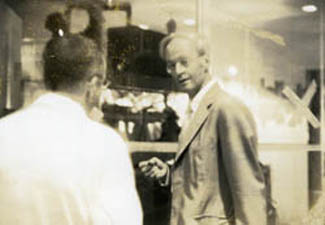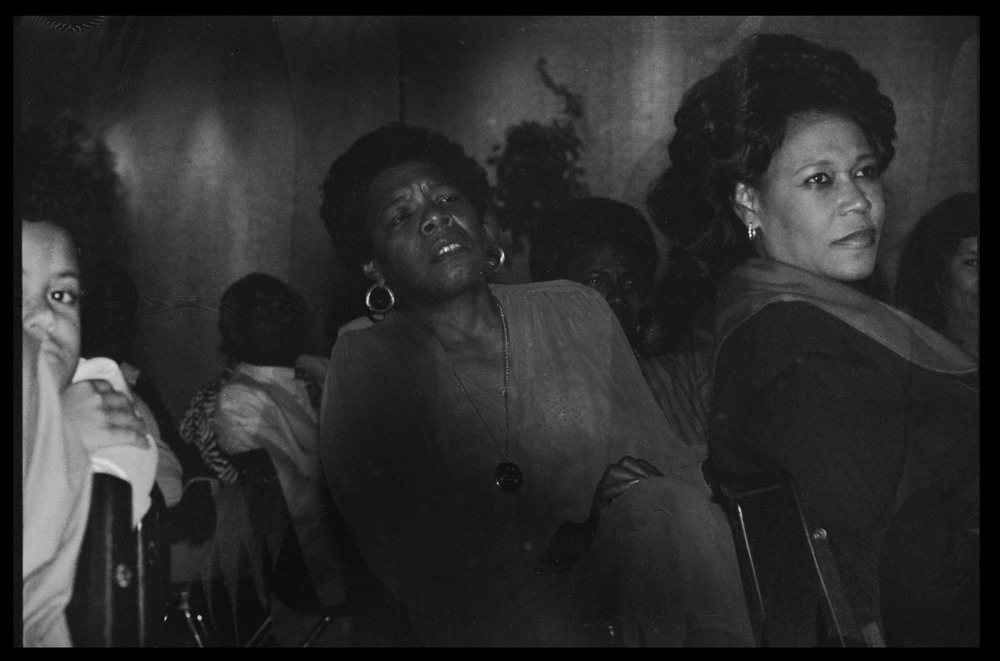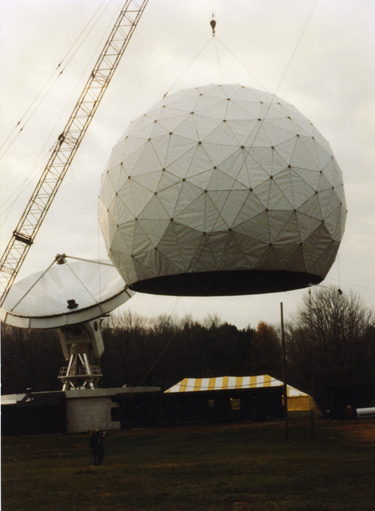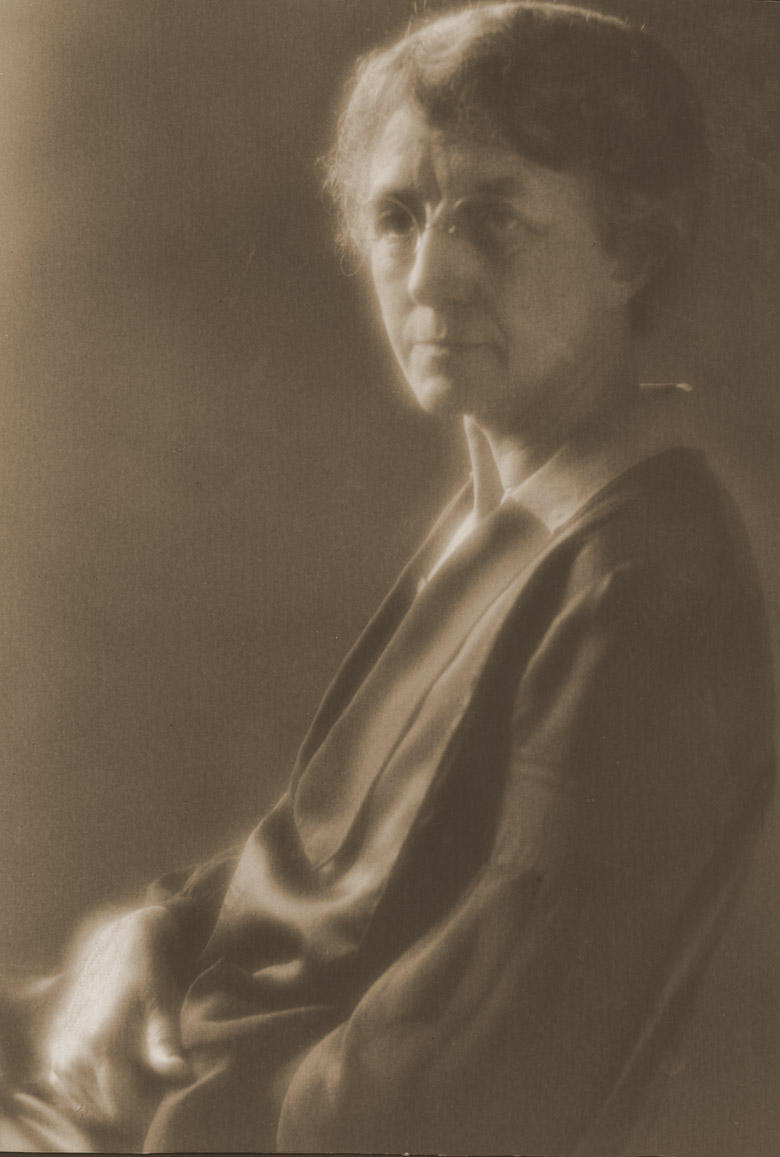John Brooks Howard, Jr., Collection
Ca. 1892-1932 Bulk: 1927-1929
4 boxes, 3 items 1.5 linear feet
Call no.: RG 050/6 1930 H69
John Brooks Howard, Jr., known by his family as Brooks (and as J. B. or “Gibby” to his classmates), was a popular and vivid presence on the campus of Massachusetts Agricultural College from 1926 until 1929. Born in November 1908, he arrived from Reading, Mass., as part of the class of 1930; majored in biology; was elected editor-in-chief of the student newspaper the Collegian; was a member of the honor society and the rifle team; and loved wildlife and the outdoors, especially birds. Early one morning, in the spring of his junior year, he climbed to the high branches of a tree to collect specimens. His death at age 20, after falling from the tree, stunned the campus community and broke his mother’s heart, haunting his family for a long time after.
This collection provides glimpses into the life of a MAC student in the late 1920s, with some documentation of his observations of birds and nature and campus activities. It contains an assortment of Brooks’s own papers and possessions, as well as items kept by his family after his death: three diaries, correspondence, mementos and ephemera, photographs including three larger ones in frames, newspaper clippings, a pair of wooden shoes that was a gift from his Dutch friend Hans Van Leer ‘32, and a small field microscope apparently issued to Howard by the college.
Gift of John B. Howard, James H. Howard, Jr., and Mary Kathleen (Howard) Rady, August 2021
Subjects
Massachusetts Agricultural College--StudentsTypes of material
CorrespondenceDiariesPhotographsRealia





